How AI is Revolutionizing Search: A Deep Dive into the Future of Search Engines
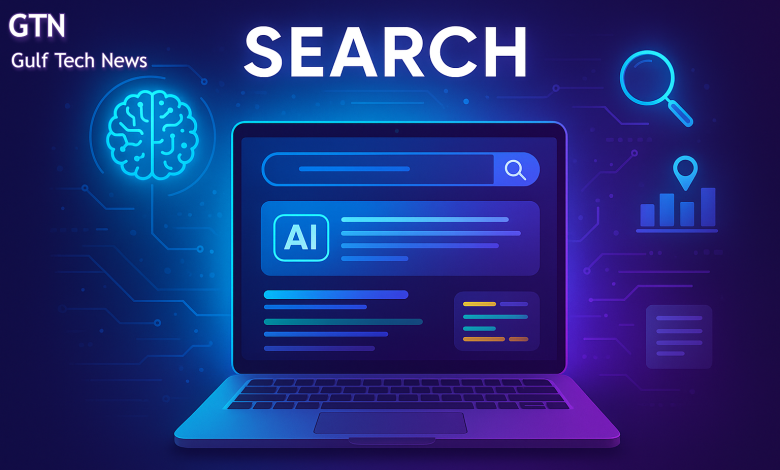
In a world where information is power, search engines have long been the gatekeepers to knowledge. But the rise of Artificial Intelligence (AI) is rewriting the rules of the game. No longer are search engines mere lists of links—they’re rapidly evolving into intelligent assistants that understand, anticipate, and even converse with users. Here’s how AI is reshaping the very fabric of search, creating opportunities for marketers and challenges for data privacy like never before.
The AI-Powered User Experience: From Search to Smart Conversations
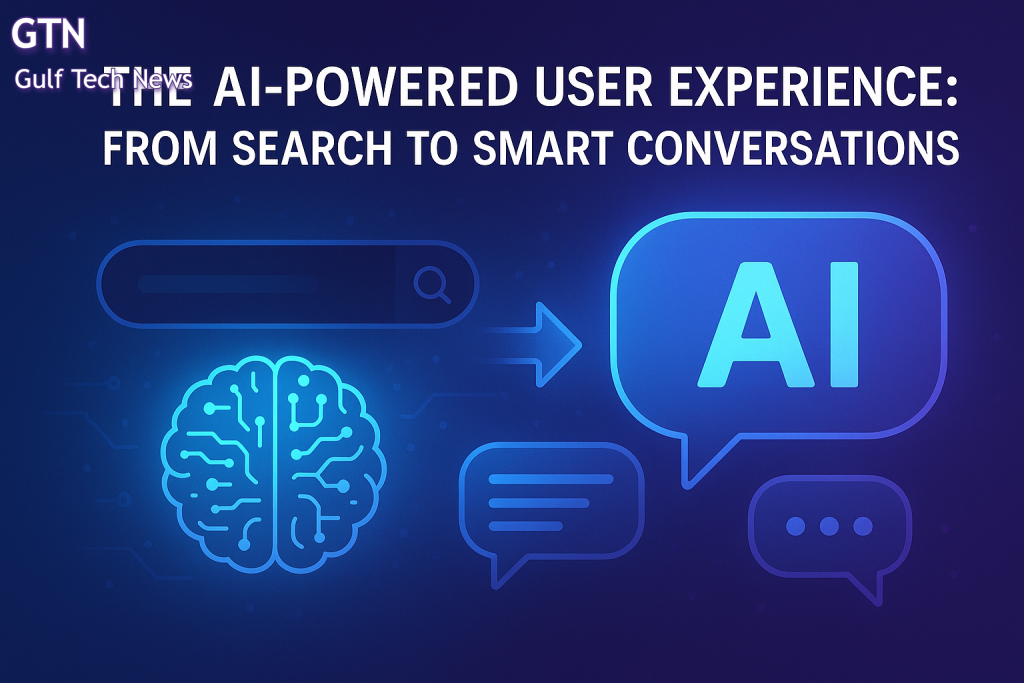
Forget static search results. Today, AI-powered search engines offer an experience that’s more conversational, interactive, and personalized. AI models like ChatGPT and Google Gemini don’t just list websites—they synthesize answers, understand nuances, and even remember your preferences for future queries. This level of personalization turns search into a two-way conversation: ask a question, get an insightful answer, and dive deeper with follow-ups.
A study by Zapier described this shift as akin to having a personal research assistant that “chooses the best links, summarizes them for you, and even clarifies your next steps.” Meanwhile, Google says Gemini’s new AI-powered snapshots can provide concise overviews, highlight key points, and guide users to deeper resources in just seconds. In essence, AI is turning search engines into knowledge hubs that remove the guesswork from finding information.
Generative AI Takes Center Stage: A New Search Paradigm
At the heart of this transformation lies generative AI—the ability of AI to create natural-language answers on the fly. Rather than passively displaying links, search engines like Google’s experimental AI Overviews mode use generative AI to craft comprehensive responses. For instance, Google recently showcased AI snapshots that break down complex queries—like comparing national parks or explaining technical topics—into bite-sized insights with direct links for verification.
This shift to AI-first search experiences is already visible in tools like ChatGPT Search, which combines real-time data with conversational AI. Instead of endless scrolling, users get concise summaries and can ask follow-up questions seamlessly—much like chatting with a human expert. It’s an entirely new way to discover information, blending human-like dialogue with the vast power of the web.
The Evolution of Search Algorithms: From BERT to MUM
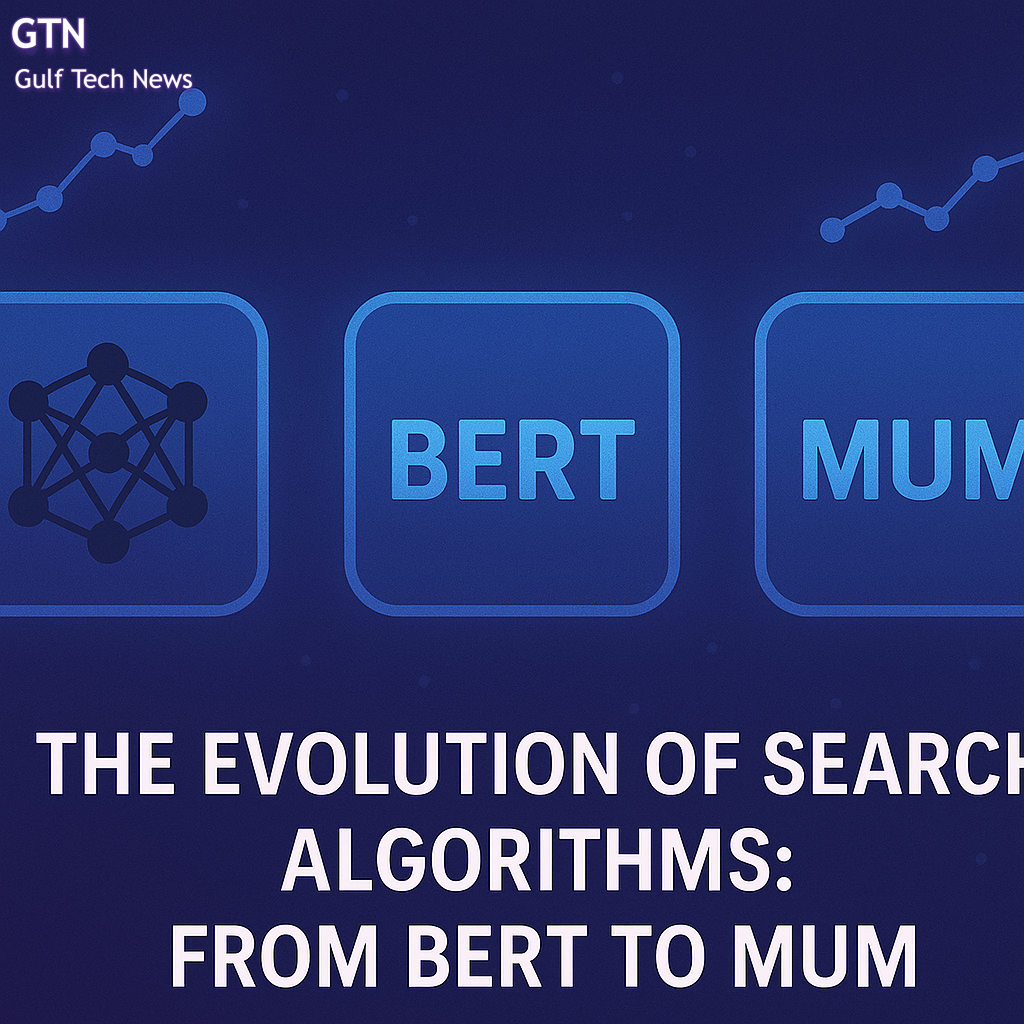
Under the hood, search engines have undergone a quiet but profound revolution, driven by AI’s understanding of language and context. In 2019, Google launched BERT (Bidirectional Encoder Representations from Transformers)—a breakthrough that helped search engines parse context and nuance in complex queries. It marked the first time that search engines truly understood how words relate to each other—not just keywords in isolation.
Then came MUM (Multitask Unified Model) in 2021, a leap forward in multi-modal and multilingual search. MUM can analyze images, videos, and text together, enabling it to answer questions that span across formats and languages. For example, if a user uploads a photo of hiking boots and asks, “Are these good for climbing Mount Fuji?”, MUM can combine image analysis and multilingual research to provide relevant answers. This is contextual, multimedia search like never before.
The New Face of SEO: Strategies in the Age of AI Search
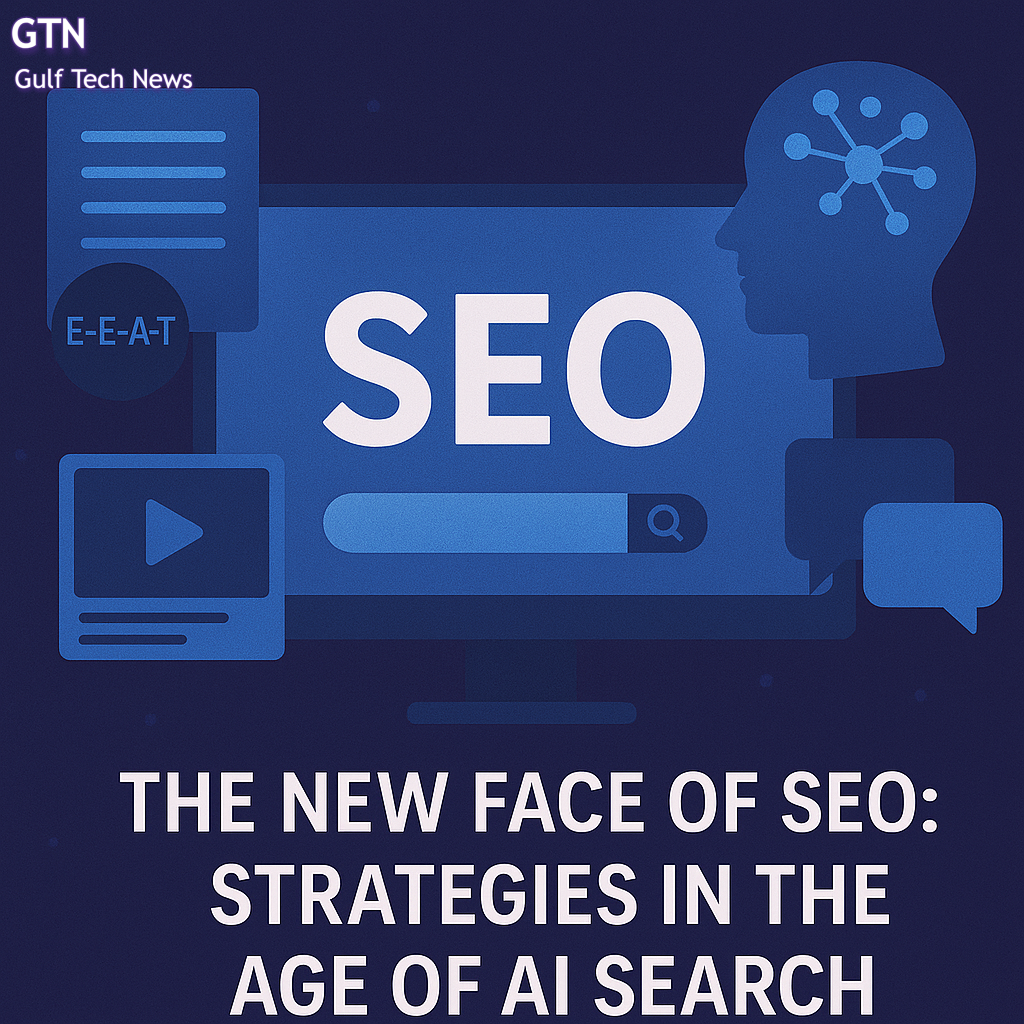
With AI fundamentally changing how users interact with search engines, the game for Search Engine Optimization (SEO) is evolving fast. Today, it’s not just about ranking first in traditional blue links—it’s about being the trusted source that generative AI pulls into its answers.
A report by Amsive found that even the top-ranked websites aren’t always the first choice for AI summaries. In fact, only 25% of top Google search results were directly used in AI-generated answers. This means that brands and publishers must double down on building credibility and trust (E-E-A-T: Experience, Expertise, Authoritativeness, Trustworthiness) to become the go-to sources for these new AI-powered search assistants.
Moreover, diverse content—text, images, videos—will be crucial. AI thrives on rich, multifaceted data, so web content that combines clear, authoritative writing with visual and interactive elements will stand out in this new landscape.
Ethical and Privacy Challenges: Navigating the Dark Side of AI Search
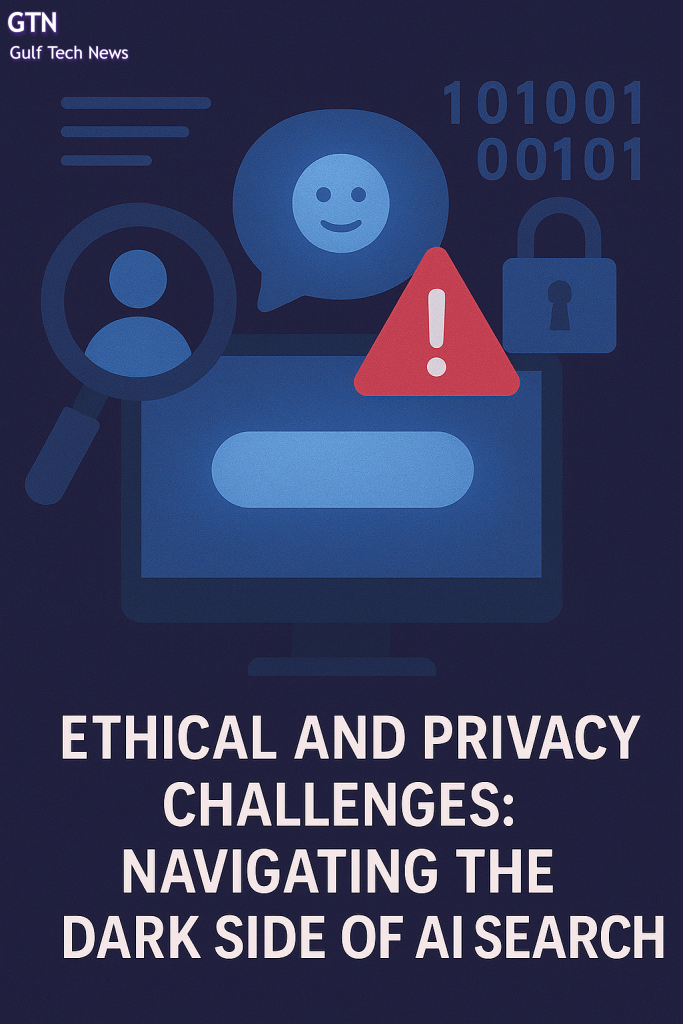
But this brave new world also raises serious questions. AI search assistants rely on vast amounts of user data, from browsing history to personal preferences, to tailor answers. While this can lead to more relevant results, it also puts users’ privacy at risk. Google, for instance, has acknowledged that Gemini’s generative AI can leverage search history (with user consent) to personalize responses—prompting concerns about data tracking and long-term profiling.
Additionally, as AI models become more powerful, they can sometimes “hallucinate” facts, inadvertently spreading misinformation if not carefully monitored. And because these systems learn from vast datasets, they risk perpetuating biases in the data—a problem that demands transparency and ethical oversight from tech giants.
Conclusion: A Future of Infinite Possibilities
The rise of AI in search engines is not a distant dream—it’s already transforming how we find and interact with information. For marketers, this means rethinking SEO to align with AI’s conversational and generative capabilities. For users, it means richer, faster, and more personal answers. And for society, it’s a call to balance innovation with ethical responsibility, ensuring that the age of smart search is one that benefits everyone.





